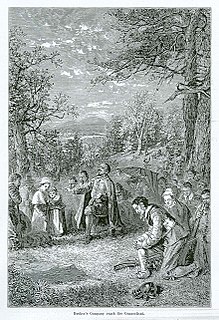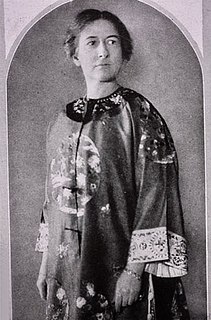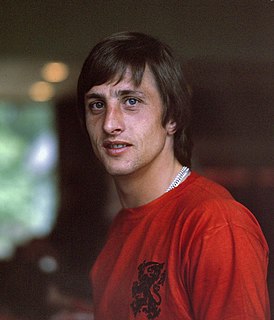A Quote by Mark Fisher
The reality of nostalgia is nowhere better invoked than at the end of Tarkovsky's 'Solaris.' When the camera pans away from Kelvin embracing his father on the rain-soaked steps of his dacha, we realise that the scene is yet another of the simulations produced by the inscrutable planet.
Related Quotes
When the father is going on in his journey, if the child will not goe on, but stands gaping upon vanity, and when the father calls, he comes not, the onely way is this: the father steps aside behind a bush, and then the child runs and cries, and if he gets his father againe, he forsakes all his trifles, and walkes on more faster and more cheerefully with his father than ever.
There's an all-enveloping destructiveness in Donald Trump's character and in his psychological tendencies. But I've focused on what professionally I call solipsistic reality. Solipsistic reality means that the only reality he's capable of embracing has to do with his own self and the perception by and protection of his own self. And for a president to be so bound in this isolated solipsistic reality could not be more dangerous for the country and for the world. He's not psychotic, but I think ultimately this solipsistic reality will be the source of his removal from the presidency.
When the father dies, he writes, the son becomes his own father and his own son. He looks at is son and sees himself in the face of the boy. He imagines what the boy sees when he looks at him and finds himself becoming his own father. Inexplicably, he is moved by this. It is not just the sight of the boy that moves him, not even the thought of standing inside his father, but what he sees in the boy of his own vanished past. It is a nostalgia for his own life that he feels, perhaps, a memory of his own boyhood as a son to his father.
If idioms are more to be born than to be selected, then the things of life and human nature that a man has grown up with--(not that one man's experience is better than another's, but that it is 'his.')--may give him something better in his substance and manner than an over-long period of superimposed idiomatic education which quite likely doesn't fit his constitution. My father used to say, 'If a poet knows more about a horse than he does about heaven, he might better stick to the horse, and some day the horse may carry him into heaven'
It is sometimes said that the tragedy of an artist's life is that he cannot realise his ideal. But the true tragedy that dogs the steps of most artists is that they realise their ideal too absolutely. For, when the ideal is realised, it is robbed of its wonder and its mystery, and becomes simply a new starting-point for an ideal that is other than itself.
Solitude is the profoundest fact of the human condition. Man is the only being who knows he is alone, and the only one who seeks out another. His nature - if that word can be used in reference to man, who has ‘invented’ himself by saying ‘no’ to nature - consists in his longing to realize himself in another. Man is nostalgia and a search for communion. Therefore, when he is aware of himself he is aware of his lack of another, that is, of his solitude.
Here's a strange fact: murder a man, and you feel responsible for his life - ''possessive'', even. You know more about him than his father and mother; they knew his fetus, but you know his corpse. Only you can complete the story of his life, only you know why his body has to be pushed into the fire before its time, and why his toes curl up and fight for another hour on earth.
Day appears again. This time he leans in close enough for his hair to brush, light as silk, against my cheeks. He pulls me towards for a long kiss. The scene vanishes, replaced abruptly by a stormy night and Day struggling through the rain, blood dripping from his leg and leaving a trail behind him. He collapses onto his knees in front of Razor before the whole scene disappears again.
Even a fellow with a camera has his favourite subjects, as we can see looking through the Kodak-albums of our friends. One amateur prefers the family group, another bathing scenes, another cows upon an alp, or kittens held upside down in the arms of a black-faced child. The tendency to choose one subject rather than another indicates the photographer's temperament. Nevertheless, his passion is for photography rather than for selection, a kitten will serve when no cows are available.






































